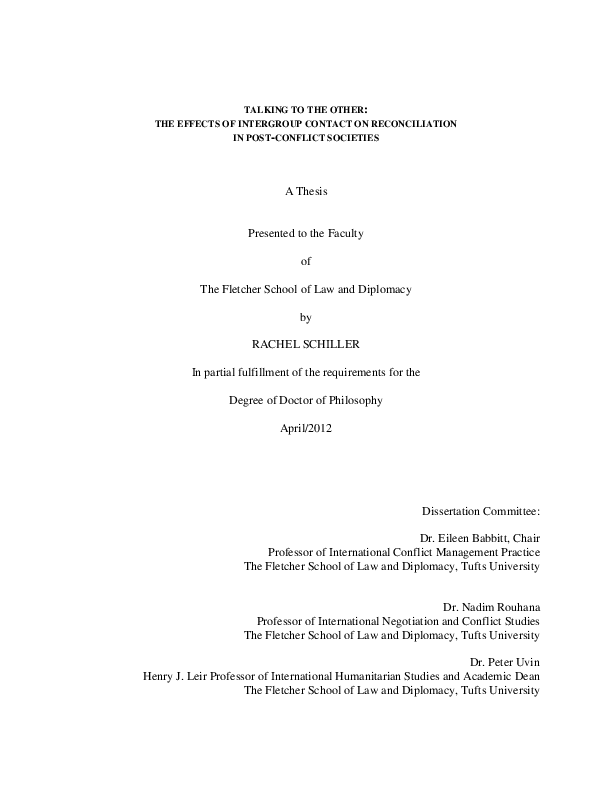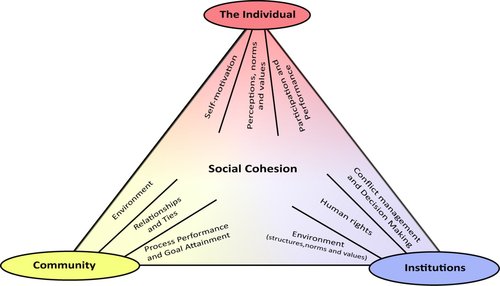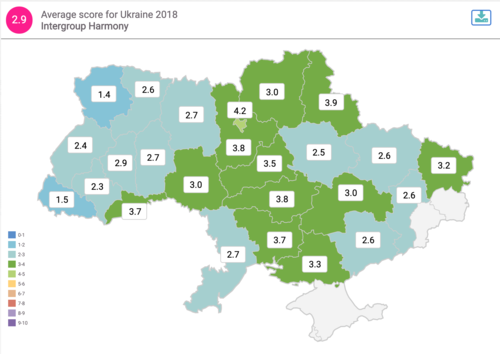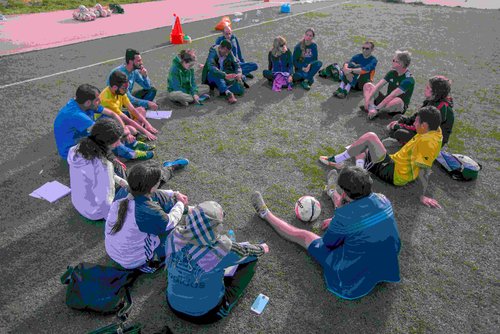Talking to the other: The effects of intergroup contact on reconciliation in post-conflict societies
Key facts
Other (Acceptance of diversity (bias: intergroup))
Summary
This dissertation seeks to contribute to both the theory and practice of reconciliation by offering a theoretical framework for reconciliation that can be used by scholars to test the effects of various interventions designed to promote reconciliation, and by implementing the first randomized field experiment to test the effects of facilitated intergroup contact in a post-conflict society. In Aceh, Indonesia, 108 ex-combatants and persons affected by conflict participated in one of six three-day workshops or in a control group to assess the effects of dialogue-based, training-based and mixed-method conflict resolution techniques on prejudice, empathy, trust, tolerance, forgiveness and healing, which served as proxies for reconciliation. While the results of this study are modest, they provide the first empirical evidence that intergroup contact programs can reduce prejudice, and increase trust, forgiveness and healing in the highly charged context of post-conflict societies, suggesting that contact programs may over time become an effective means of encouraging reconciliation in conflict-affected societies.

Explore the hub further




